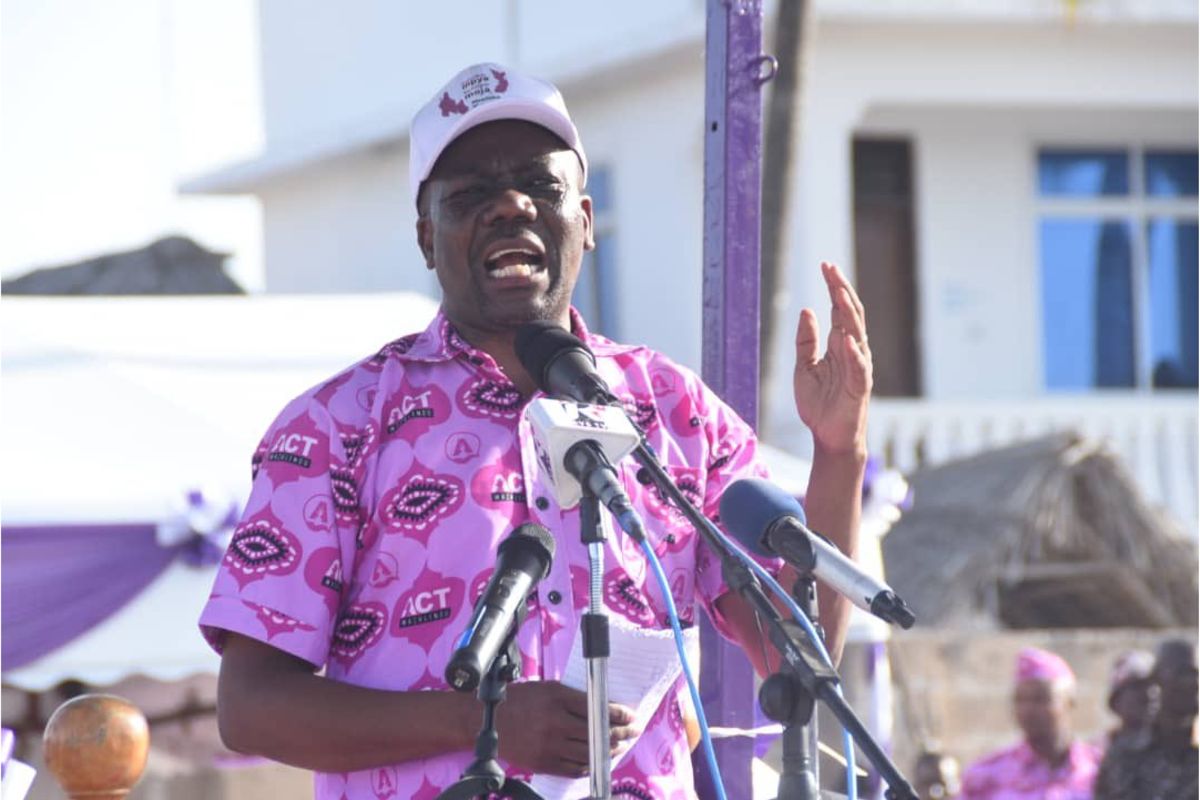
Dar es Salaam. Starlink, the satellite internet service provider owned by Tesla billionaire Elon Musk, is poised to launch operations in Tanzania after officially applying for a license from the Tanzania Communications Regulatory Authority (TCRA).
The public notice, released on November 15, 2024, confirmed that Starlink Satellite Tanzania Limited has applied for both national network facilities and national application services licenses.
Apart from Starlink other providers who have applied for licenses include GX Technologies Company Limited, and Mauritian company Paratus Tanzania Limited.
The application marks a significant step in Starlink’s efforts to expand its global reach and bring high-speed satellite internet to underserved regions of Tanzania.
Starlink’s entry into the Tanzanian market has been anticipated for some time. However, the service has faced a series of regulatory challenges, including negotiations on spectrum rights and compliance with Tanzania’s data protection laws.
The TCRA has provided a 14-day window for the public to submit comments on the license applications, with a final decision on approval expected after the consultation period.
The regulator’s public notice highlighted the importance of aligning Starlink’s operations with local regulations, ensuring the company meets Tanzanian standards for data security and internet governance.
Regulatory hurdles and expectations
Starlink’s efforts to establish a presence in Tanzania have been complicated by lengthy talks with the Tanzanian government. Issues related to the allocation of spectrum rights, which are essential for operating satellite internet services, have required careful negotiations.
In addition, Starlink has had to ensure that its services comply with Tanzania’s data protection and privacy regulations.
Elon Musk had previously expressed frustration over delays in the rollout of Starlink services in certain countries due to regulatory approval processes.
However, despite these challenges, the company remains confident that its service will offer much-needed connectivity to underserved regions across Tanzania.
Starlink’s satellite technology is expected to provide high-speed internet access to rural and remote areas that are often neglected by traditional broadband providers.
The entry of Starlink into the Tanzanian market is part of a broader strategy to expand the company’s global reach, particularly in emerging markets where internet infrastructure is limited.
Starlink’s satellite internet service is renowned for its ability to deliver fast, reliable internet in areas that lack access to fiber-optic networks or traditional wireless infrastructure.
Tanzania, with its large rural population and limited access to high-speed internet in remote areas, presents a significant market opportunity for Starlink.
The company aims to bridge the digital divide by offering affordable and accessible internet to millions of Tanzanians, particularly in underserved regions.
Improved internet access could unlock new economic opportunities, boost education, and drive innovation, especially in remote areas where reliable internet has long been a challenge.














